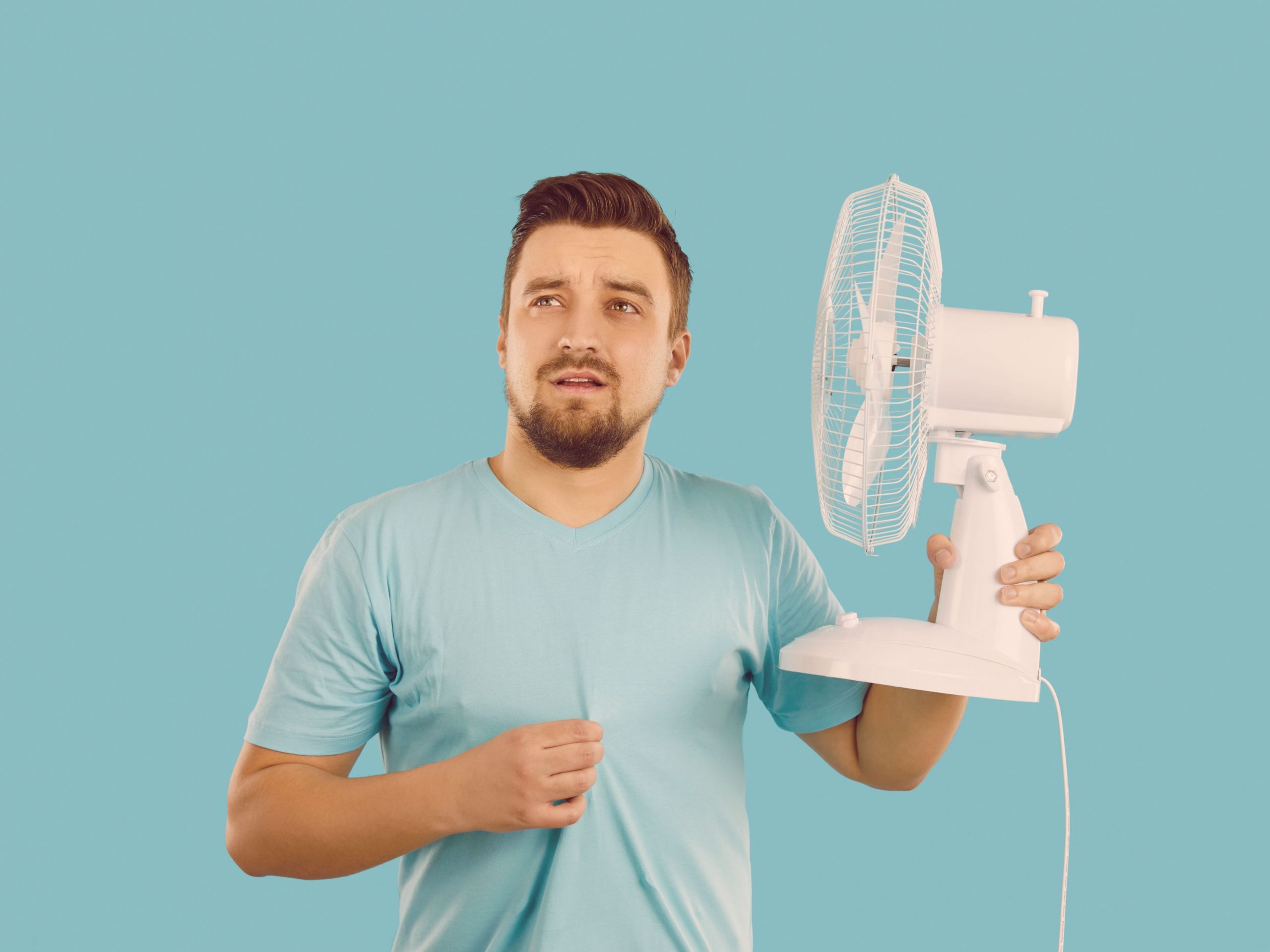Heatwave: how to look after yourself during high temperatures
The highest temperature the UK has ever recorded, till now, was 38.7C on 25 July 2019. However, temperatures this summer may reach 33 C to 40 C on the weekend. In other words, we can expect one of the hottest heatwaves we have ever faced. For that reason, The National Health Service is warning us in order to keep us safe from the effects that these extremely high temperatures may cause to our bodies.
Today, the heat wave is a matter of concern for public health, that is why, I wrote this blog to tell you how the heat wave affects your body, risks factors, and measures you can take to stay safe, help others and avoid heat exhaustion. So let’s begin…
How extremely high temperatures affect your body
Remember your body will always try to regulate its own temperature in 37C approx. It doesn’t matter the weather (hot or cold). For that reason when it rises this temperatures it gives you warning signs, for example:
- dizziness
- low blood pressure
- exhaustion
- itchy heat rash
- nausea
- fainting
- confusion
- muscle cramps
- headaches
- heavy sweating
- tiredness
- swelling (especially in feet)
- heart rate rises
- sweating
How to stay safe during the heatwave
Indoors care
- stay (cool) indoors as much as you can
- keep children out of sun exposure as much as possible
- stay hydrated
- shade or cover windows exposed to direct sunlight
- check fans and fridges are working properly
- check medicines and food are correctly stored (remember heat can make them expire sooner)
- avoid drinking too much alcohol
- avoid exercise during the hottest part of the day
Outdoors care
- Stay in the shadow and always use sunscreen with high SPF and UVA rating
- Keep out of the sun between 11am and 3pm when the sun’s rays are strongest
- Always wear a wide-brimmed hat and long leaves to avoid sunburns
- Take fresh water with you all the time
- Limit travel and exercise
Who is more at risk
- People with underlying health conditions (heart diseases or diabetes )
- People who live alone
- Older people
- Children
- Animals
- People with low mobility
- Homeless
How can I help others?
- Look out for those who may struggle to keep cool, such as older people, those with underlying conditions and and those who live alone
- Don’t leave anyone, especially babies, young children and animals, in a locked vehicle or place.
- Keep them well dehydrated
- check their temperature
What to do in case of heat exhaustion
Heat exhaustion means your body has overworked to stay cool. This tips may help you to assist yourself or others, let’s check them:
- Move to a cool place.
- Lie down and raise your feet slightly
- Drink plenty of water or sports or rehydration drinks
- Cool your skin (spray cool water or take a bath if possible)
- Use cold packs around the armpits or neck to lower
Note: do the same if you want to assist others.
If they can be cooled down within half an hour, then heat exhaustion is not normally serious. However, if they do not recover within 30 minutes, then what follows is heat stroke. It is a medical emergency and you should call 999. You must move fast because people with heat stroke may stop sweating even though they are too hot. Their temperature could go over 40C and they might have seizures or lose consciousness.
We hope this information is useful for you. If you need advice or have any questions about our treatments, please contact us. You can find us in Mill Hill Broadway and Islington. We are always happy to help. If you like this blog, please share!



